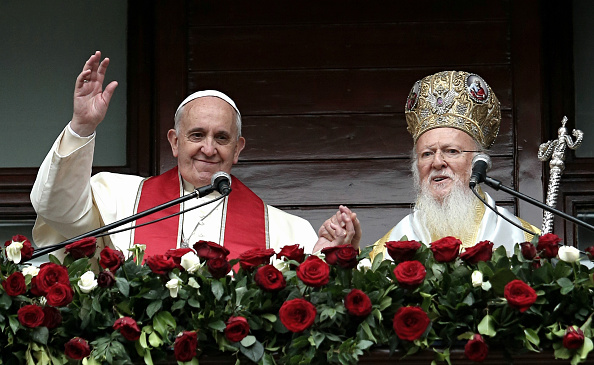
Ecology, Economy and Ecumenism
In a series of seminars organized between 1994 and 1998 on the island of Halki off the coast of Istanbul in Turkey, we drew attention to the close connection between ecology and economy. Both terms share the Greek root oikos, which signifies “home.” It therefore came as no surprise to us that our beloved brother Francis of Rome opens his encyclical, which is being released today in the New Synod Hall of the Vatican, with a reference to God’s creation as “our common home.”
Nor again did it come as a surprise to us that Pope Francis underlined the ecumenical dimension of creation care – the term “ecumenism” also shares the same etymological origin as the words “ecology” and “economy.” The truth is that, above any doctrinal differences that may characterize the various Christian confessions and beyond any religious disagreements that may separate the various faith communities, the earth unites us in a unique and extraordinary manner. All of us ultimately share the earth beneath our feet and breathe the same air of our planet’s atmosphere. Even if we do not do enjoy the world’s resources fairly or justly, nevertheless all of us are responsible for its protection and preservation. This is precisely why today’s papal encyclical speaks of the need for “a new dialogue,” “a process of education,” and “urgent action.”
How can one not be moved by the criticism of our “culture of waste” or the emphasis on “the common good” and “the common destination of goods”? And what of the vital importance attributed to the global problem of clean water, which we have underlined for over two decades as we assembled scientists, politicians and activists to explore the challenges of the Mediterranean Sea (1995), the Black Sea (1997), the Danube River (1999), the Adriatic Sea (2002), the Baltic Sea (2003), the Amazon River (2006), the Arctic Sea (2007) and the Mississippi River (2009)? Water is arguably the most divine symbol in the world’s religions and, at the same time, the most divisive element of our planet’s resources.
In the final analysis, however, any dissent over land or water inevitably results in what the Pope’s statement calls “a decline in the quality of human life and a breakdown of society.” How could it possibly be otherwise? After all, concern for the natural environment is directly related to concern for issues of social justice, and particularly of world hunger. A church that neglects to pray for the natural environment is a church that refuses to offer food and drink to a suffering humanity. At the same time, a society that ignores the mandate to care for all human beings is a society that mistreats the very creation of God.
Therefore, the Pope’s diagnosis is on the mark: “We are not faced with two separate crises, one environmental and the other social, but rather one complex crisis which is both social and environmental.” Indeed, as he continues to advance, we require “an integrated approach to combating poverty, restoring dignity to the underprivileged, and at the same time protecting nature.” It is also no surprise, then, that the Pope is concerned about and committed to issues like employment and housing.
Invoking the inspiring words of Scripture and the classics of Christian spirituality of East and West (particularly such saints as Basil the Great and Francis of Assisi), while at the same time evoking the precious works of Roman Catholic conferences of bishops throughout the world (especially in regions where the plunder of the earth is identified with the plight of the poor), Pope Francis proposes new paradigms and new policies in contrast to those of “determinism,” “disregard” and “domination.”
In 1997, we humbly submitted that harming God’s creation was tantamount to sin. We are especially grateful to Pope Francis for recognizing our insistence on the need to broaden our narrow and individualistic concept of sin; and we welcome his stress on “ecological conversion” and “reconciliation with creation.” Moreover, we applaud the priority that the papal encyclical places on “the celebration of rest.” The virtue of contemplation or silence reflects the quality of waiting and depending on God’s grace; and by the same token, the discipline of fasting or frugality reveals the power of not-wanting or wanting less. Both qualities are critical in a culture that stresses the need to hurry, the preeminence of individual “wants” over global “needs.”
In the third year of our brother Pope Francis’s blessed ministry, we count it as a true blessing that we are able to share a common concern and a common vision for God’s creation. As we stated in our joint declaration during our pilgrimage to Jerusalem last year:
“It is our profound conviction that the future of the human family depends also on how we safeguard – both prudently and compassionately, with justice and fairness – the gift of creation that our Creator has entrusted to us … Together, we pledge our commitment to raising awareness about the stewardship of creation; we appeal to all people of goodwill to consider ways of living less wastefully and more frugally, manifesting less greed and more generosity for the protection of God’s world and the benefit of His people.
Melting Away: One Photographer's Journey to Preserve the Polar Regions
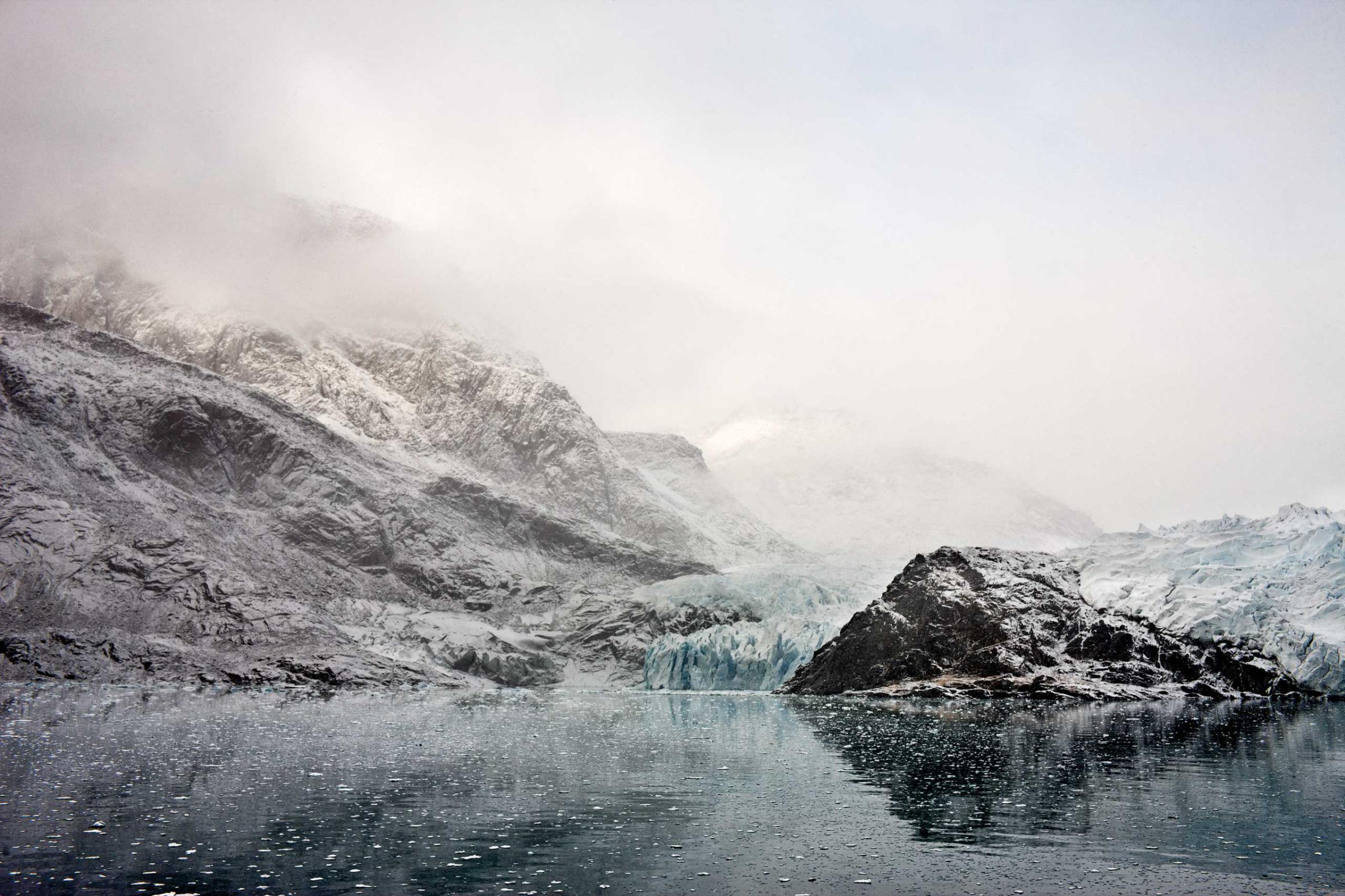
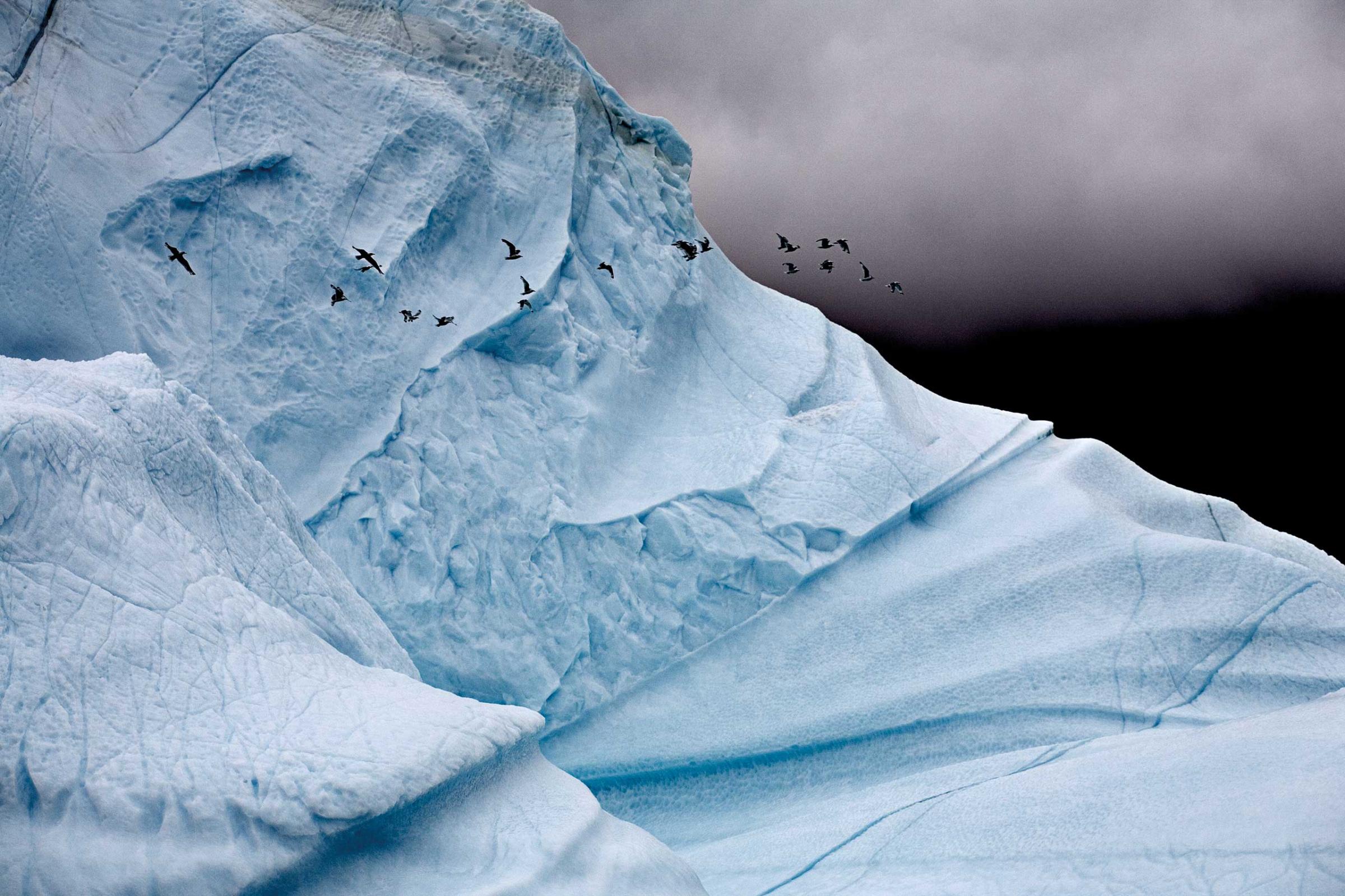
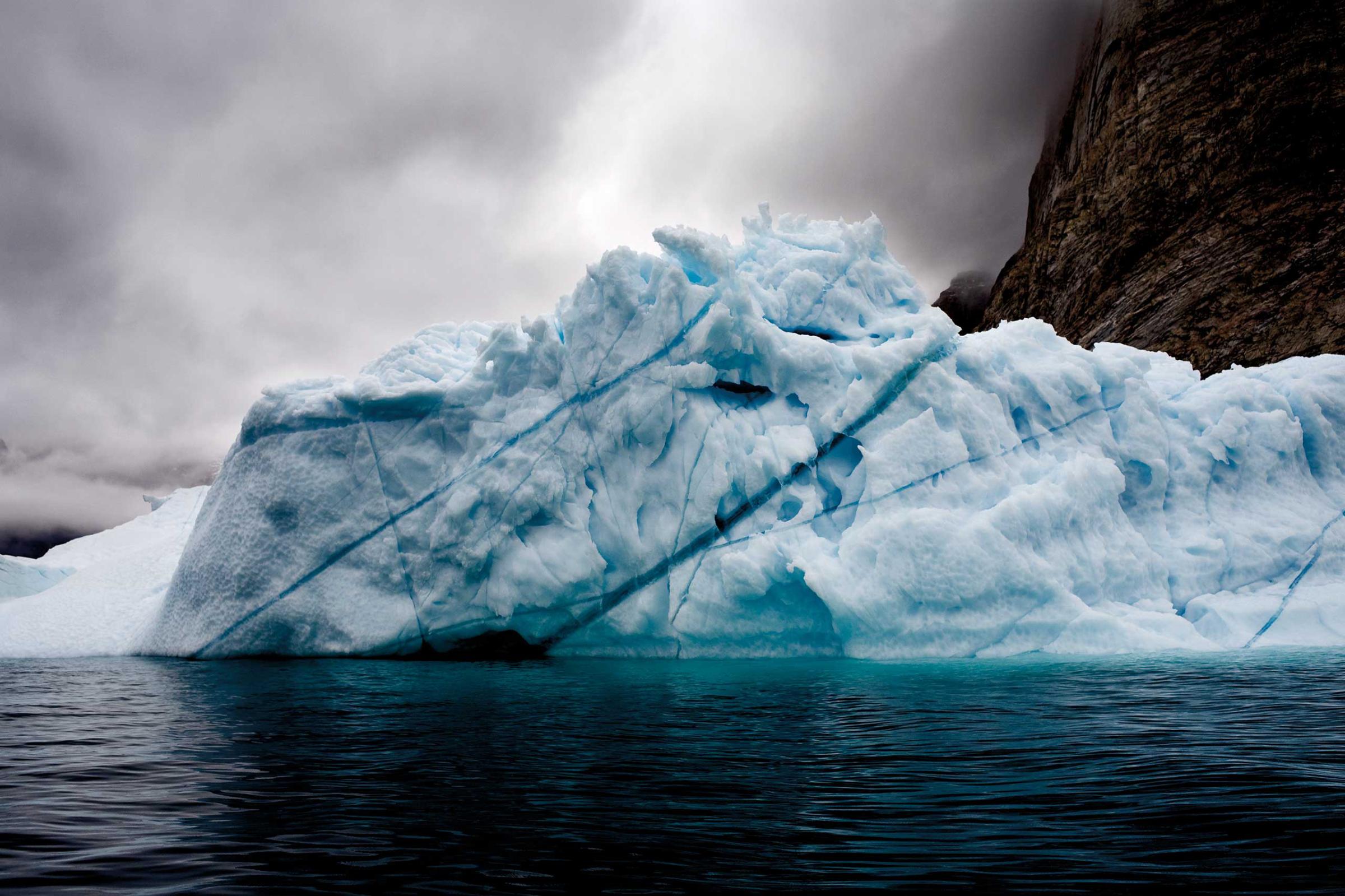

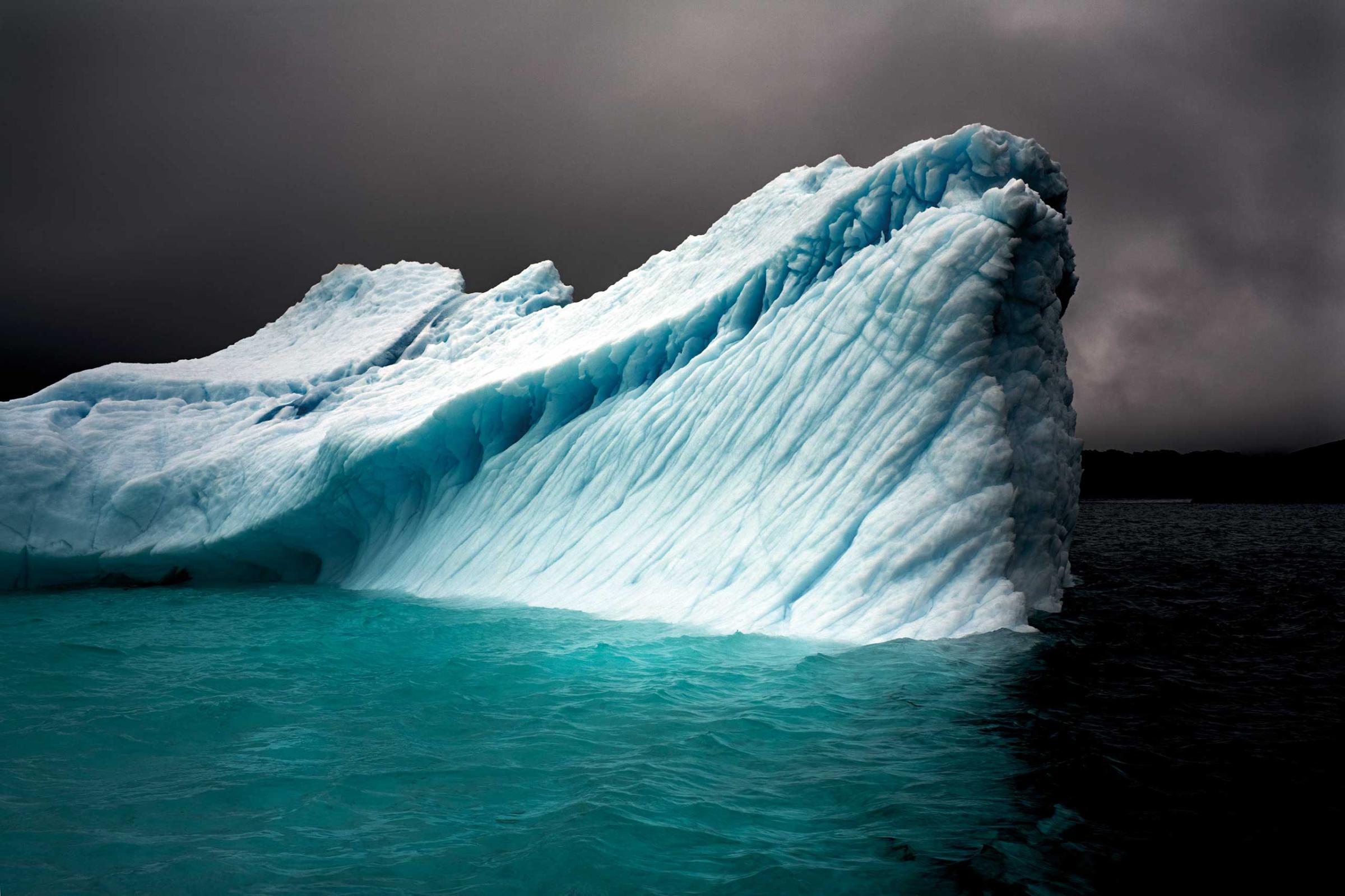

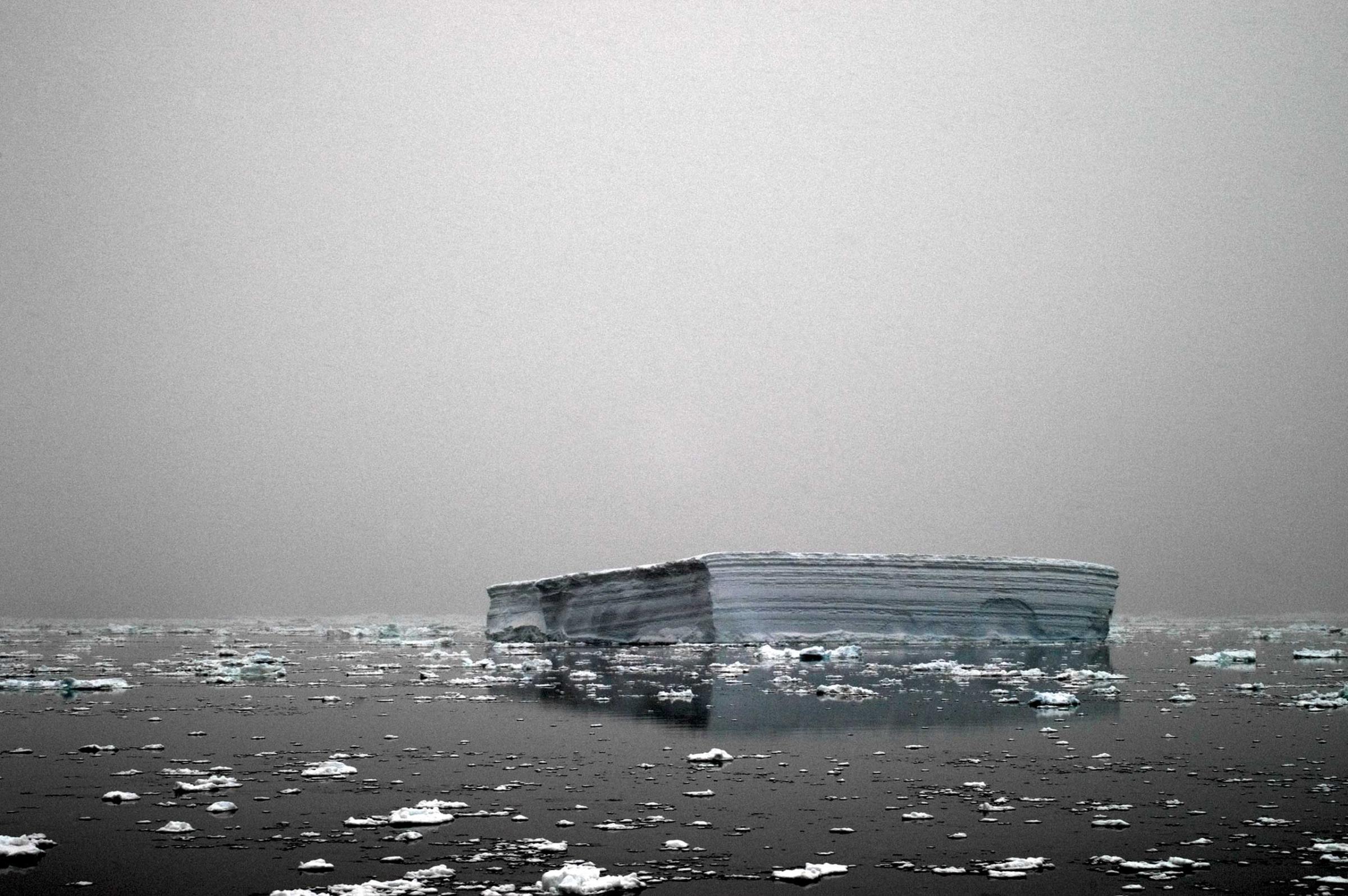
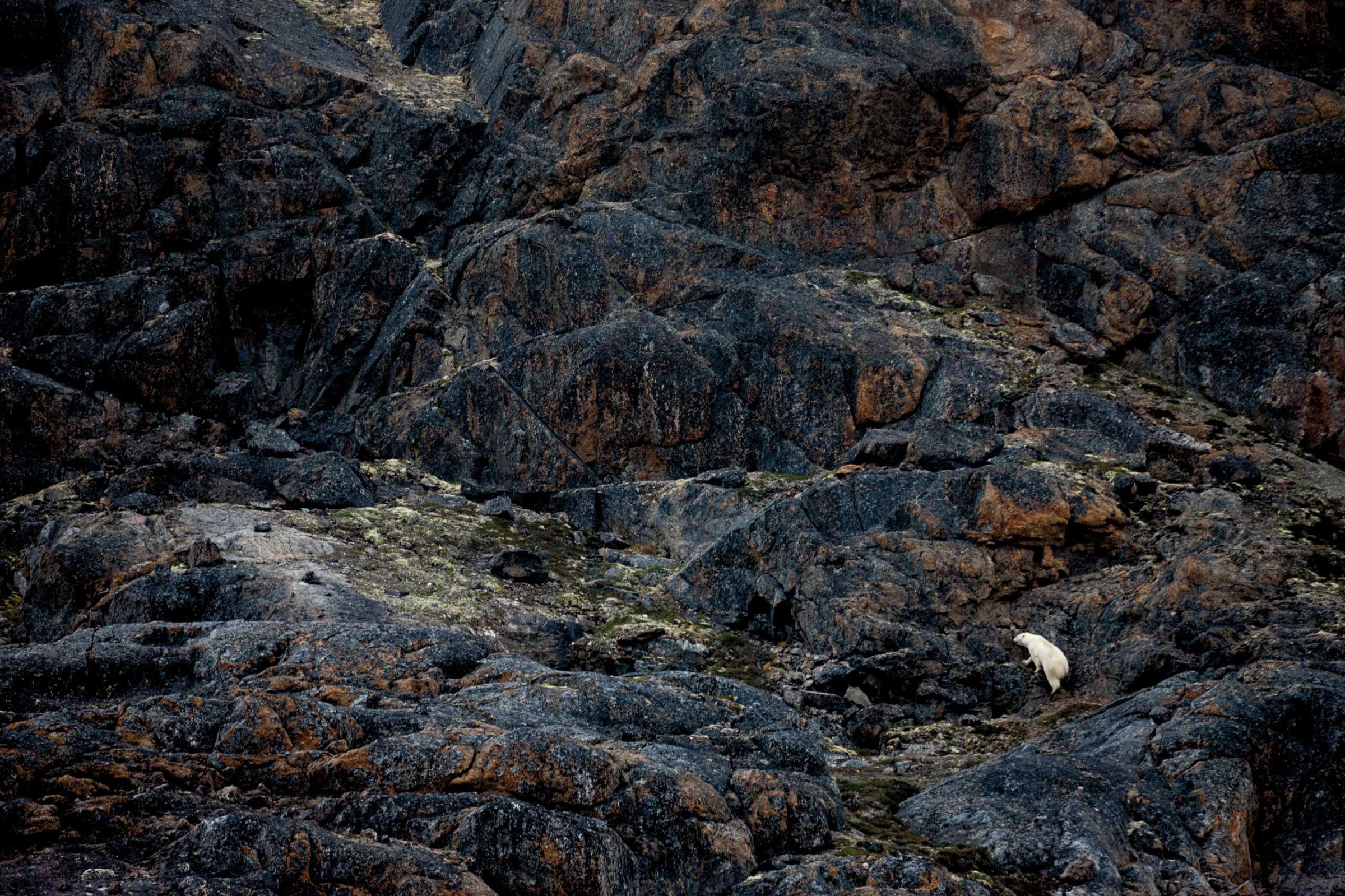
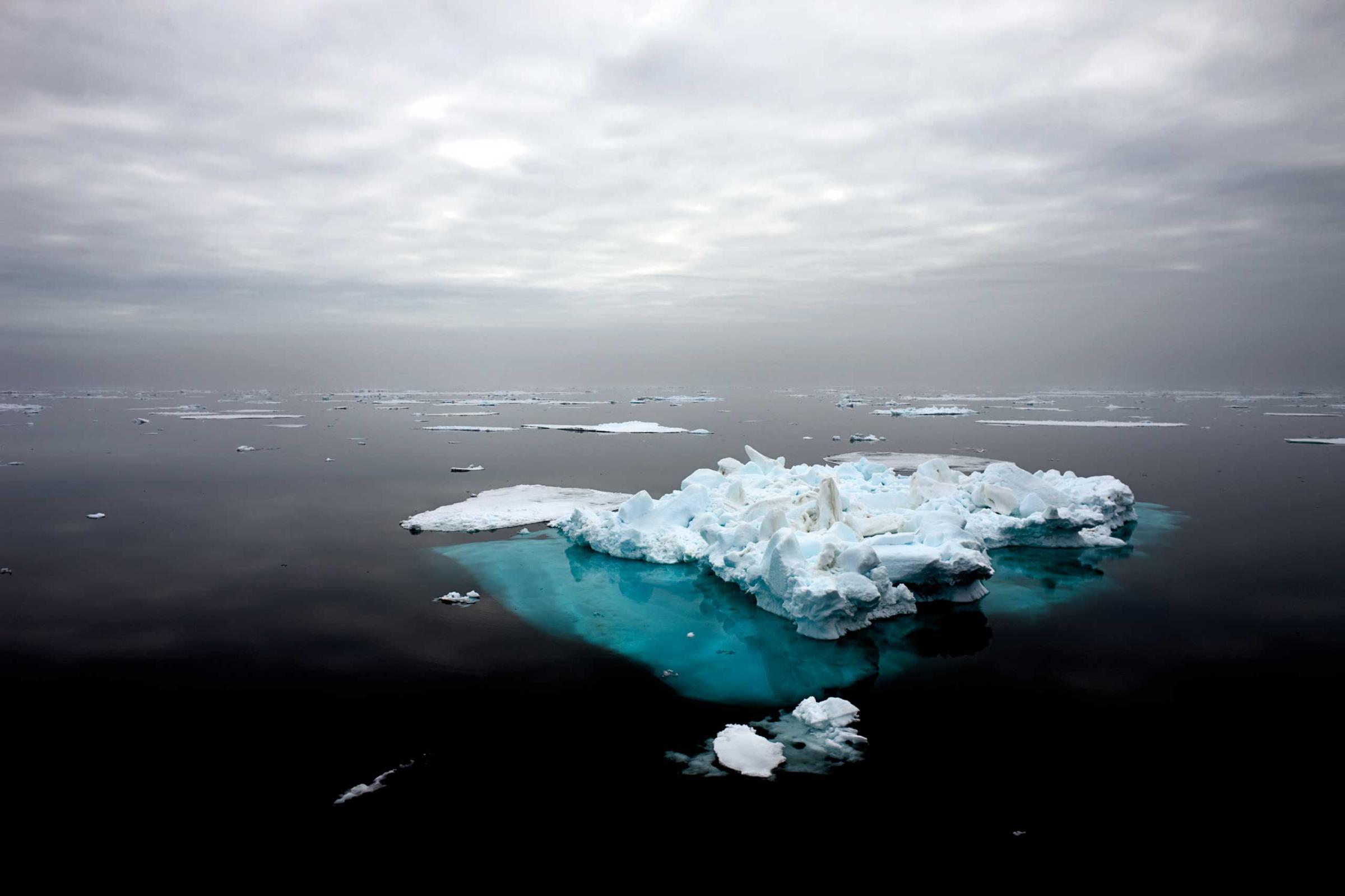
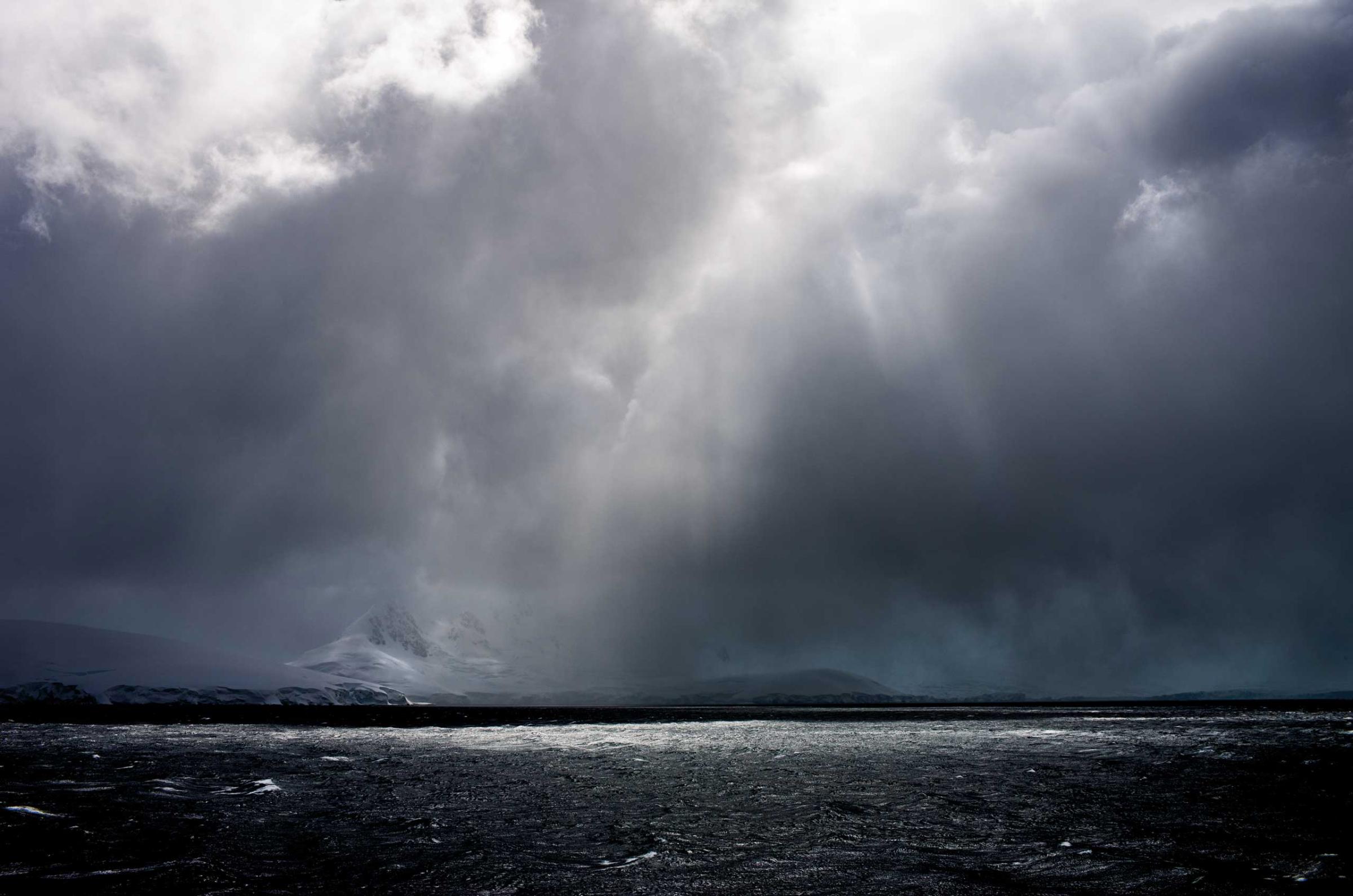
More Must-Reads From TIME
- The 100 Most Influential People of 2024
- The Revolution of Yulia Navalnaya
- 6 Compliments That Land Every Time
- What's the Deal With the Bitcoin Halving?
- If You're Dating Right Now , You're Brave: Column
- The AI That Could Heal a Divided Internet
- Fallout Is a Brilliant Model for the Future of Video Game Adaptations
- Want Weekly Recs on What to Watch, Read, and More? Sign Up for Worth Your Time
Contact us at letters@time.com